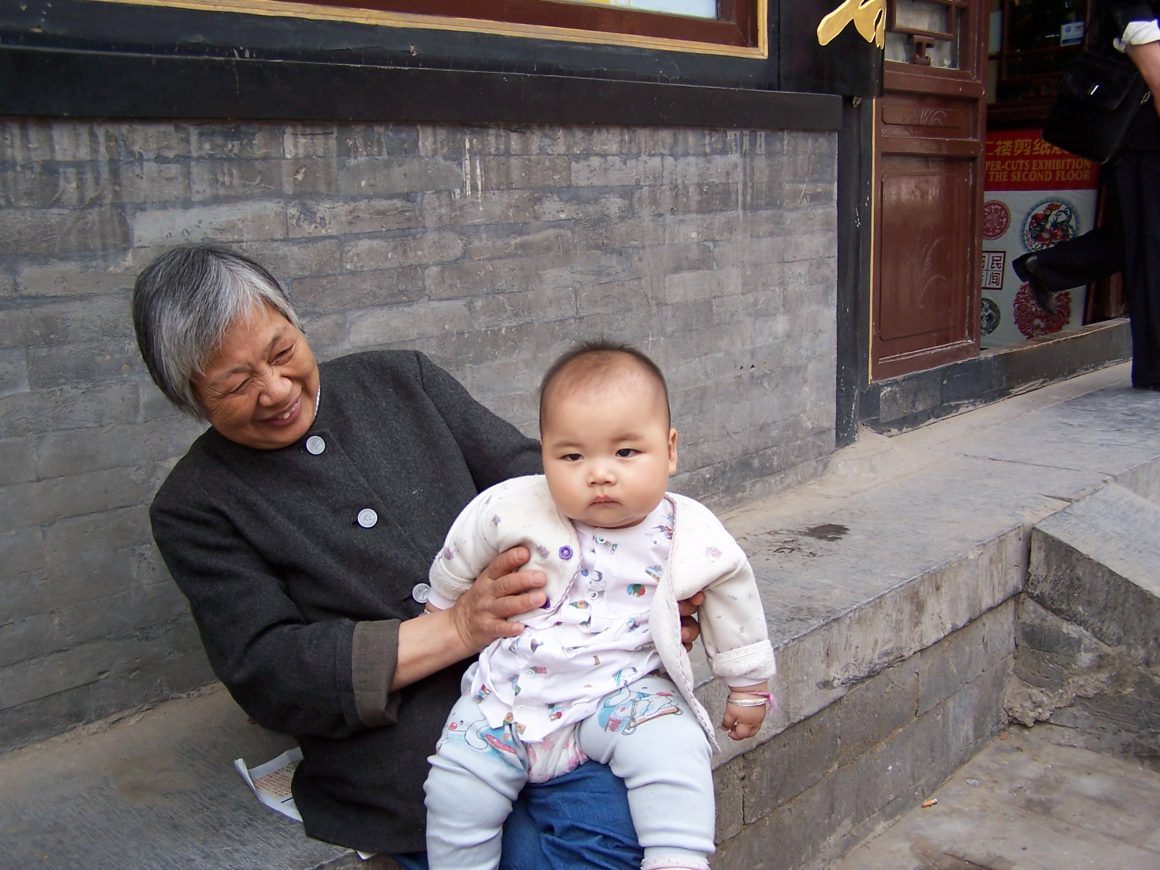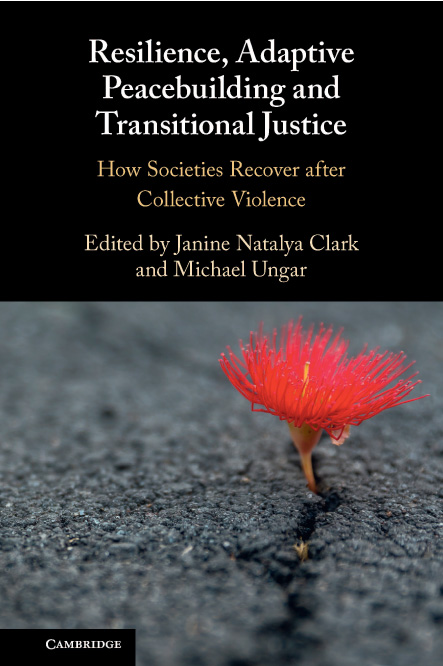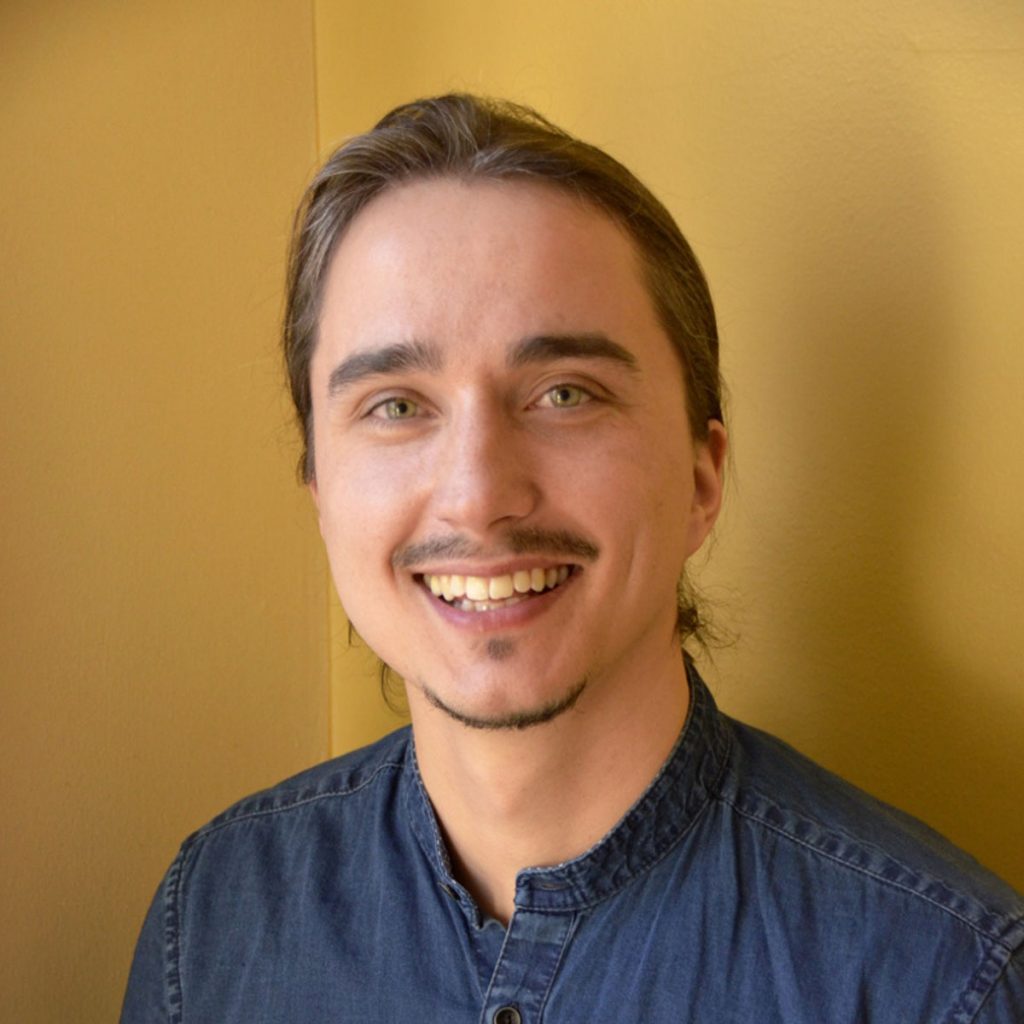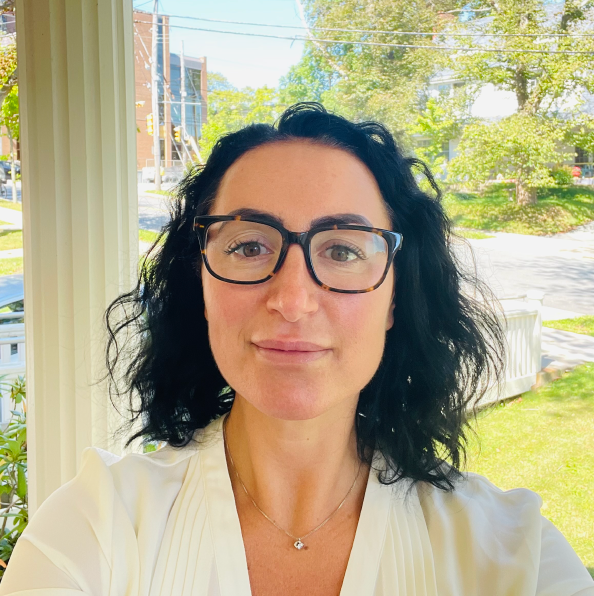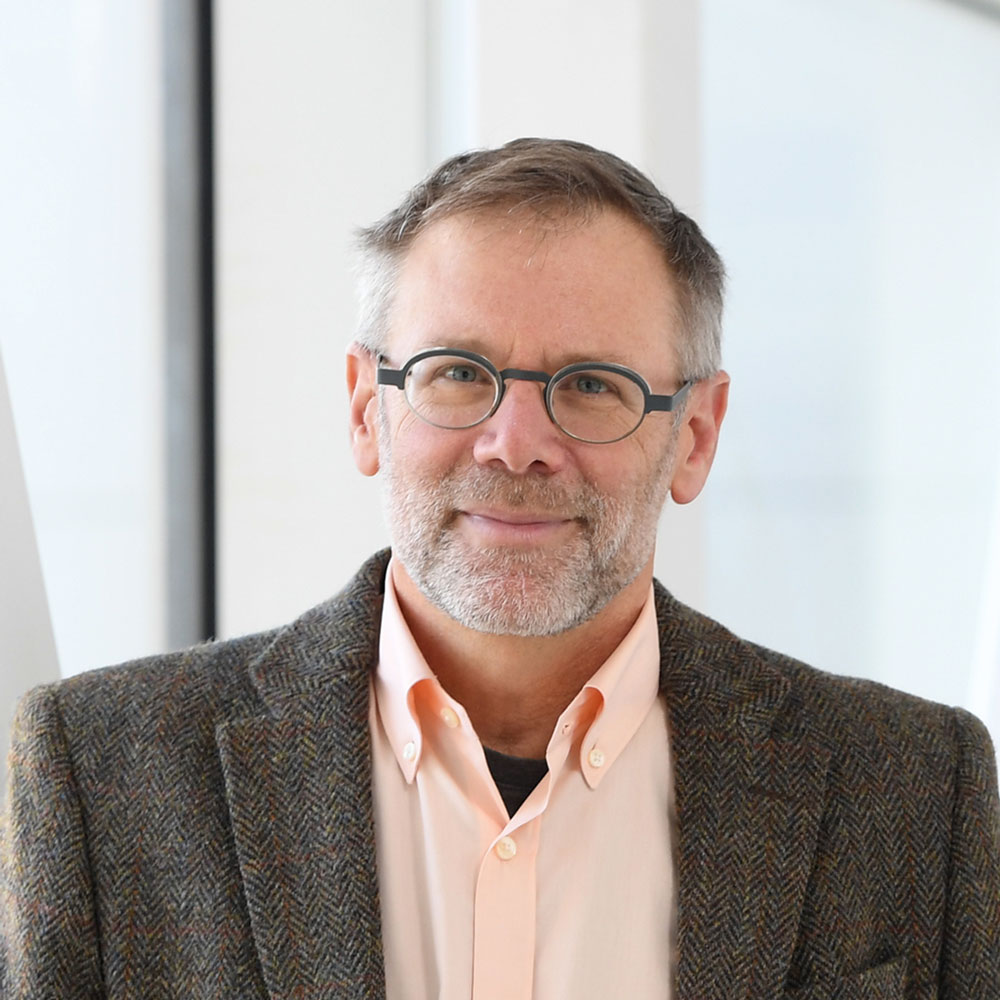Results
The emerging themes presented below are recognized as concepts independent of one another, and are preliminary as data analysis is ongoing at each site. The themes include: individual strengths, identity development, nurturing relationships, contributions to the community, resilience-promoting communities, social justice, respect for the environment, and cultural roots. These protective resources emerged as important to youths’ perceptions of their own healthy psychosocial development across each of the research sites. However, the ways in which each of these factors functioned in the lives of the participants were nuanced and bounded by each youth’s local developmental, economic, geographical, historical, socio-cultural and temporal situation.
Individual Strengths
Youth participants spoke of the importance of believing in one’s self, of having a positive outlook, of maintaining a sense of humour even in challenging situations (E.L. Cameron, et al., in press), and setting high aspirations for themselves. They commented on their ability to solve problems, to be innovative and to persevere despite their challenges.
Identity Development
In earlier work, team members found that across diverse contexts, nurturing a positive identity – however that may look or be theorized across cultures–is one of seven key “tensions” or “resolutions” critical to fostering youths’ positive psychosocial development (Ungar et al., 2007). In our current work, youth participants expressed that they were trying to come to an understanding of their place in the world as a way to make sense of their experiences of transition.
Nurturing Relationships
Participants reported that their relationships with other people, including family members, teachers, community mentors, and peers, played an important role in offering positive guidance and helping them deal with their problems.
Contributions to the Community
Youths’ relationships with others also provided them the opportunity to “give back” to their families and communities. For example, it was found that many of the youth were often required, or felt compelled during times of financial and psychological stress, to function as caregivers, financial contributors, and cultural brokers within their families. It may be that these instances of powerful contribution to their family’s welfare allow youth to access the emotional and physical resources they need to thrive in high risk environments. A caveat here is that the youth who seem to do particularly well with intensified responsibilities and expectations are those who perceive their contributions as helpful and valued by their families. It was also observed that when the participants were recipients of warm, nurturing and secure interchanges with their families and teachers, these young people responded by reproducing kind and encouraging encounters with their siblings, family friends, community members, and within their schools (see Cameron et al., 2009).
Resilience – Promoting Communities: Community Spaces, Structures and Material Resources
In addition to our conversations with youth, the use of visual methods allowed us to capture the health-promoting community structures and resources available to youth in different contexts. Basic instrumental needs, such as food, housing, clothing, and medical care were discussed by youth as vital to their resilience and well-being.
Youth also commented on aspects of their communities that they felt were negative, such as exposure to violence, gangs, poverty, drug addiction and alcoholism. They talked about aspects and amenities of their communities they felt could contribute to their resilience if only they were available, such as opportunities for age-appropriate work, meaningful rites of passage, perceived social equality, and recreation opportunities and structures.
Youth spoke of the importance of access to educational opportunities and learning resources, and noted that it was often the people in these systems, such as community mentors and teachers, who helped young people feel valued in their communities.
Social Justice
Many of the youth participants told us of their experiences of prejudice due to their race, social status, ethnicity, illness, gender, or because of preconceptions about the places where they live. The youth were very well spoken concerning their feelings of disenfranchisement. They told us powerful stories of how they planned to overcome these challenges, as well as how they had previously stood up for their rights, both individually and collectively. Youths’ stories of social justice point to the importance of power, control and self-efficacy in fostering their resilience.
Respect for the Environment
Many of the youth showed respect for nature, and expressed recognition of the intertwining of their well-being with a resilient and healthy environment. Some of the youth spoke of being most at peace when they were outside in nature. Others told of how they are actively working to protect the environment, and yet questioned whether their hard work would even have an impact.
Cultural Roots
The combined use of visual methods, reciprocity between youth and researchers, and reflective interviews brought to light a number of “hidden” or previously unrecognized protective resources related to youth’s cultural traditions and beliefs. Youth spoke of the many supportive things they received from their cultures, including a sense of belonging, a shared history, a set of values, spiritual identification, an ideology, and the opportunity to participate in meaningful activities. Work done thus far on the relationship between cultural adherence and resilience suggests that resilience-promoting cultural practices rely on adults to function as custodians of protective practices and values, and on youth to accept their roles as active co-custodians (Theron et al., 2009).
